#Government
Driving Dystopia: Connected Vehicle Data Now Up For Grabs By Intelligence Agencies
Connected vehicles now appear to be on the table as a new vector for government surveillance. On Saturday, President Joe Biden signed a bill that reauthorizes Section 702 of the Foreign Intelligence Surveillance Act after the Senate passed it late on Friday (60-34).
Southern Unionization Remains An Uphill Battle As Governors Caution Against UAW
With the United Automobile, Aerospace and Agricultural Implement Workers of America International Union (UAW) seeking to expand in the Southern United States, Republican governors have started to condemn the action on the grounds that it would be detrimental to the economy. Governors in Alabama, Georgia, Mississippi, South Carolina, Tennessee and Texas released a joint statement against the UAW shortly before Volkswagen workers in Chattanooga, Tennessee, were supposed to begin voting on whether or not to unionize.
Alfa Romeo Milano Renamed ‘Junior’ to Satisfy Italian Law
Following criticisms and potential legal actions stemming from the Italian Minister for Business, Alfa Romeo has opted to rename the recently revealed Milano crossover. The subcompact model will now be called the “Junior,” which sounds like the kind of name someone comes up with for a small car out of sheer desperation.
New Mexico EV Mandate Stands After Opposition from Car Dealers
The State of New Mexico has denied a petition put forward by automotive dealers to ease off on planned electric vehicle mandates. The groups had claimed that forcing electrification would hamper commerce by encouraging residents to purchase more vehicles from neighboring territories and were limiting residents freedom of choice. However, a governor-appointed state Environmental Improvement Board reportedly voted to deny the challenges late last week.
Gas War: Appeals Court Upholds EPA Approval of California Emissions Rules
On Tuesday, a U.S. appeals court agreed to uphold the Environmental Protection Agency's decision to re-grant a waiver that allows California the ability to set its own tailpipe emissions limits and electric vehicle mandates.
Gas War: Biden Admin Decides Against Refilling Dwindling Oil Reserves, Citing High Prices
The Biden administration has decided against purchasing oil for the Strategic Petroleum Reserve after promising to refill the nation’s emergency energy supply after it reached a 40-year low. This news does not bode well as we head into the summer months when fuel prices tend to be higher.
America’s oil reserve is currently authorized to hold more than 720 million barrels of emergency crude oil that can be released under certain conditions. While the exacting thresholds are fairly vague, emergency drawdowns have occurred in the past due to oil supply disruptions stemming from trade embargoes, natural disasters, and warfare. The Biden administration argued that both the COVID-19 pandemic and Russo-Ukrainian War qualified.
U.S. Traffic Deaths Declined in 2023 But Remain Historically High
The National Highway Traffic Safety Administration (NHTSA) has announced that traffic deaths declined by 3.6 percent in 2023. While this is good news, the United States continues seeing per capita vehicle fatalities at the highest rate witnessed since the mid 2000s.
In 2023, the NHTSA reported 40,990. This is in contrast with the 42,514 on-road deaths cited for 2022. However, the U.S. witnessed a fairly staggering decline in vehicular safety starting around 2015 and we’re still seeing metrics that would be considered high from before that period.
Gas War: California Brings Stellantis to Heel
Stellantis has agreed to adhere to California emission policies, including requirements to make two-thirds of new cars to zero-emission or electric by 2030. This means the automaker — which oversees Dodge, Chrysler, Jeep, Ram, Fiat, Maserati, Alfa Romeo, and several brands that are not sold in the United States — will be required to cut emissions through the 2026 model year and adhere to California’s requirement to have a majority electrified fleet within the next several years. There are also provisions for the company to spend millions of dollars on charging stations and community outreach programs designed to encourage EV sales.
Cleveland City Planners Change Policies to Create 15-Minute City
Cleveland, Ohio, has approved new zoning and transportation policies that are angling to transform it into the next “fifteen-minute city,” The City Planning Commission voted to move forward with changes to building codes in several pilot neighborhoods it wants to make more pedestrian friendly. However, such policies have become contentious with European examples further down the path of progress seeing relatively consistent opposition due to the fact that the ultimate goal is to eliminate the automobile.
Toronto Police Recommend Letting Thieves Steal Your Car
While car crime has been up generally in recent years, some North American cities have seen staggering increases in automotive theft. Toronto estimates that it has endured a nearly 150-percent in automotive crime over the past six years and local authorities are rolling out a new tactic to cope with the situation — police have advised the public to just let thieves take their vehicle.
Study Claims EVs Will Not Save the Environment, All Cars Are Bad
A recent study published in the Journal of Transport Geography has alleged that “car harm” cannot be undone by the world pivoting to all-electric vehicles.
However, the paper doesn’t favor everyone running out to buy the largest diesel pickup they can afford. Instead, it adopts the same anti-driving nonsense we’ve seen from the Vision Zero Network and government regulators that have been caught up in its activism web. The issue, as framed in the study, isn’t that EVs still pose a problem. The complaint is that all vehicles are problematic and the paper recommends sweeping policy changes pertaining to how roads are managed to deal with the matter.
White House Vows to Investigate Security Risks Posed by Foreign-Connected Vehicle Tech
On Thursday, the Biden administration announced plans to investigate the potential national security risks being confronted by American automakers and any threats posed by connected vehicle technologies controlled by foreign adversaries — including China.
China’s BYD Says Prospective Mexican Plant Won’t Export to U.S.
Chinese automaker BYD has been seeking to build an automotive plant in Mexico, with the company’s regional chief executive confirming the plan on Wednesday. CEO Stella Li has stated that BYD has yet to decide upon a final location. But that plan is for the site to boast a production capacity of 150,000 vehicles annually, with none being slated for export to the United States.
Senate Bill Seeks to Tariff Chinese Vehicles Out of Existence
This week, Senator Josh Hawley (R-MO) is introducing legislation to increase tariffs on imported Chinese vehicles this week with the stated goal of dealing with the “existential threat posed by China.”
The bill seeks to raise the base tariff rate from 2.5 percent to 100 percent, including vehicles owned by Chinese-based automakers that are assembled in places like Mexico. With Chinese exports already under a 27.5 percent tariff, the changes would effectively make those products prohibitively expensive.
U.S. Rumored to Soften Emission Targets, Slow EV Adoption Push
Reports are circulating that the United States Environmental Protection Agency (EPA) will soften vehicle emissions targets against the stringent metrics proposed by the group in 2023. This follows lackluster EV adoption rates that run counter to the plan and pushback from dealer organizations, automakers, and consumer groups. But we need to take a closer look at the story, because things are rarely as simple as initially presented.



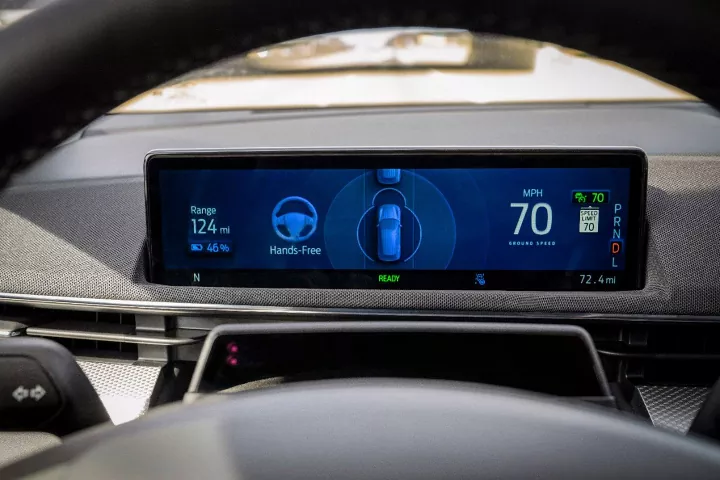
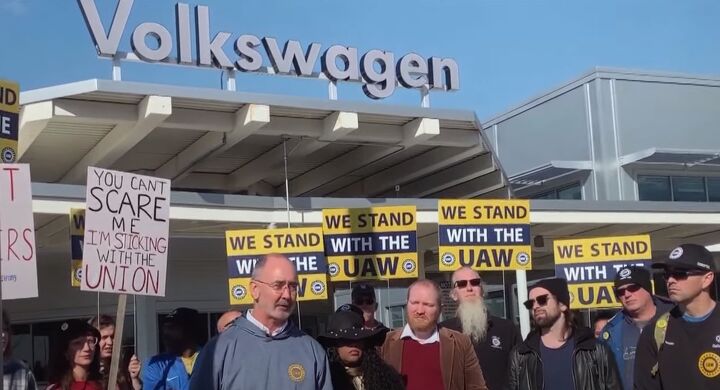
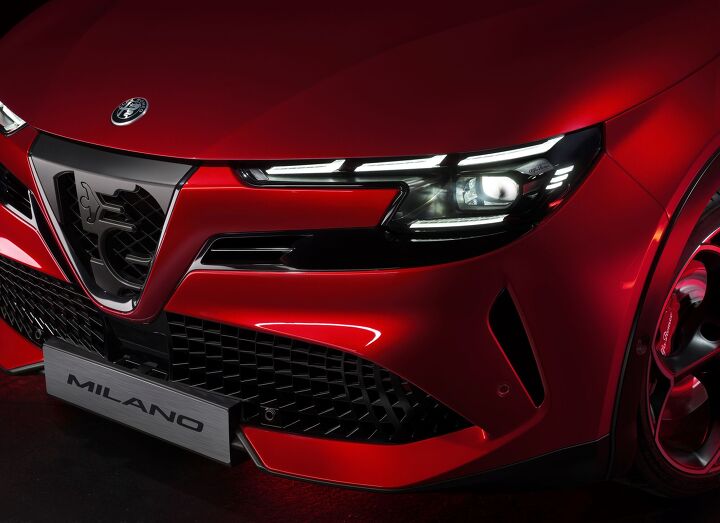
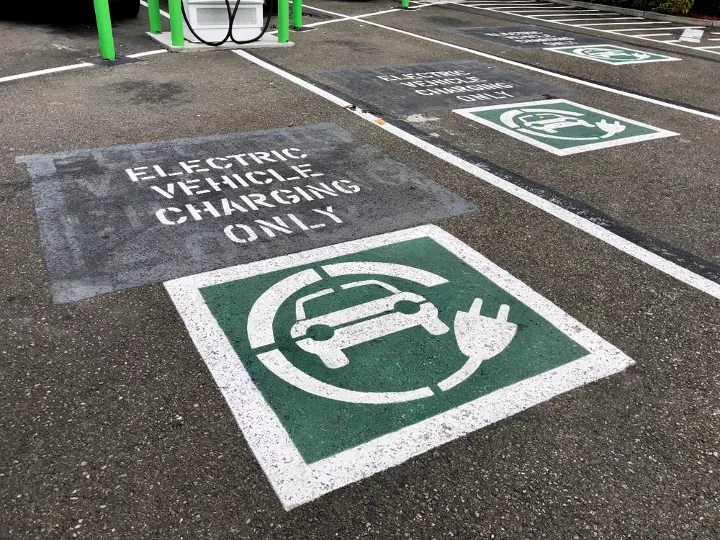


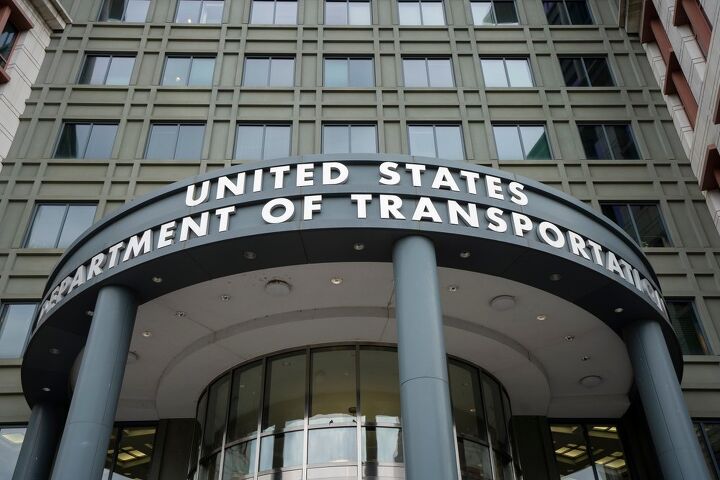
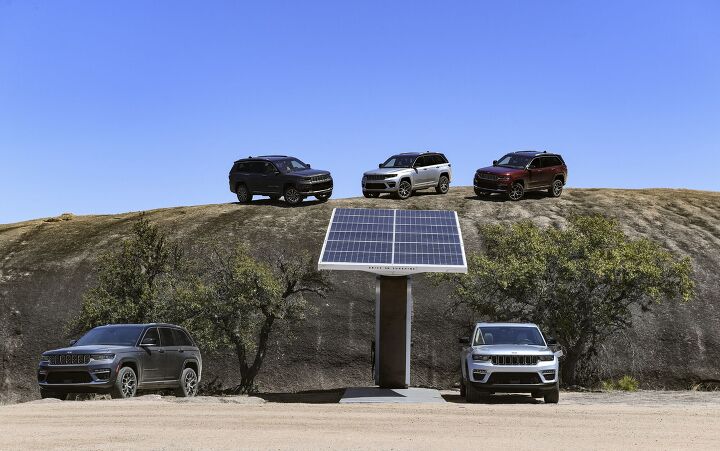
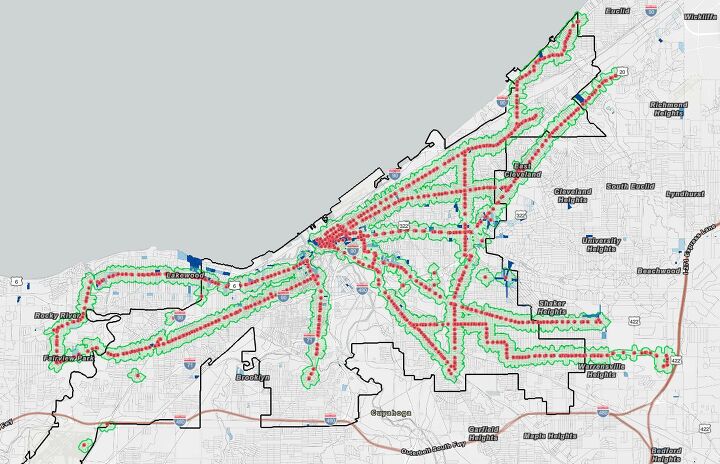


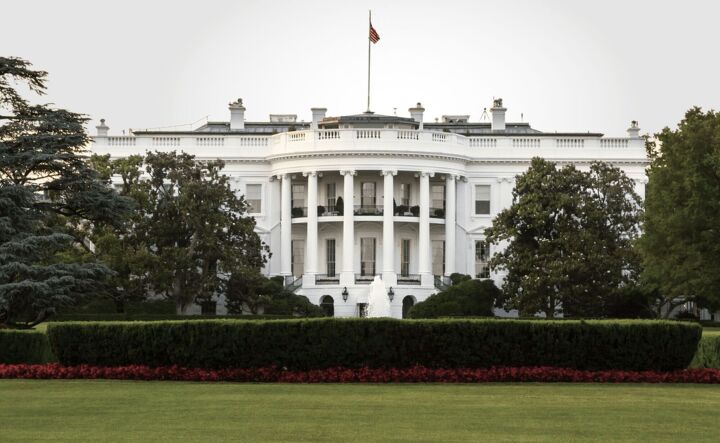
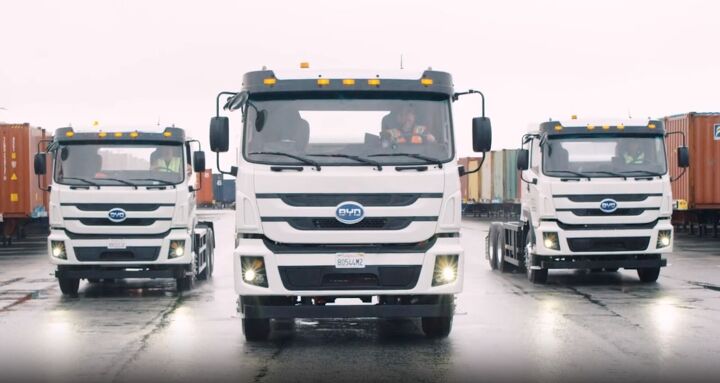
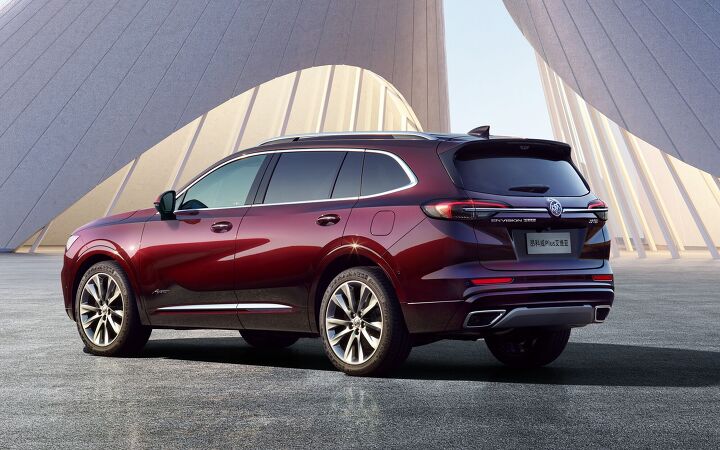
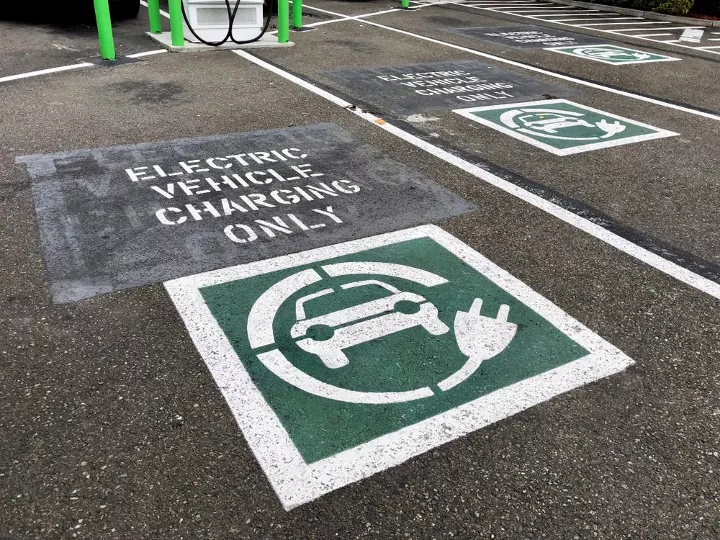












Recent Comments